Starting the Mediterranean Diet for Beginners in 2025
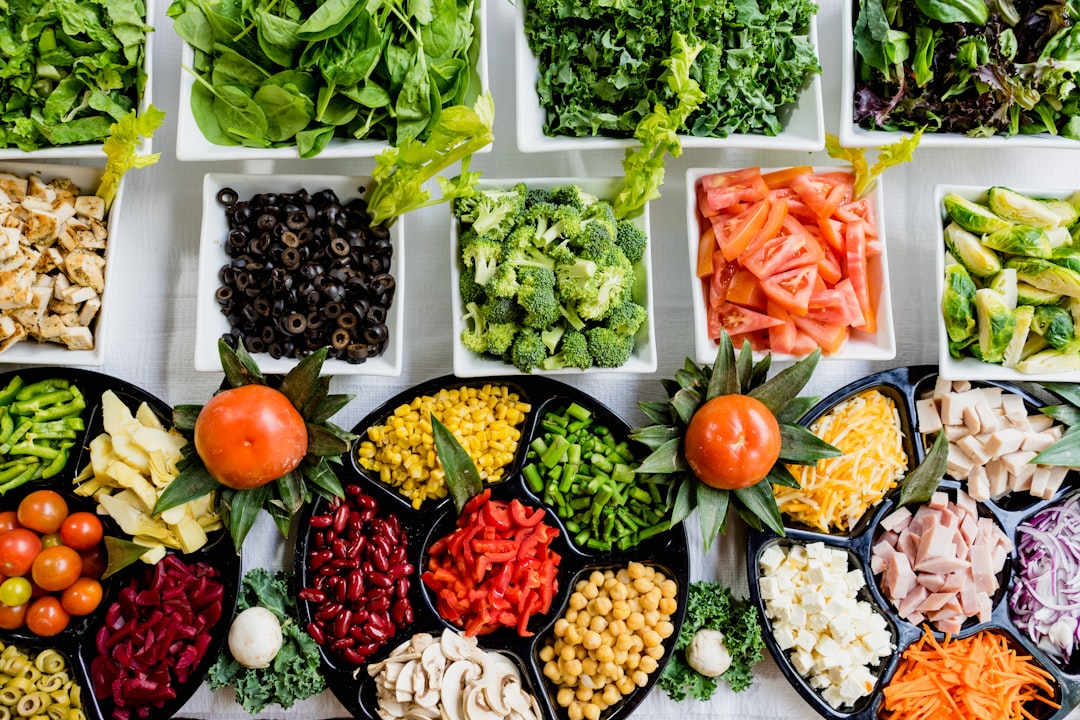
Starting a new diet can feel overwhelming, but the Mediterranean diet is one of the easiest and most enjoyable eating patterns to adopt. Unlike restrictive diets with complicated rules, the Mediterranean diet is more of a lifestyle that celebrates delicious, wholesome foods while supporting your long-term health.
What Is the Mediterranean Diet?
The Mediterranean diet is a way of eating inspired by the traditional dietary patterns of countries bordering the Mediterranean Sea, including Greece, Italy, Spain, and southern France. Rather than following strict formulas or counting calories, this diet focuses on enjoying nutritious whole foods in balanced proportions.
At its core, the Mediterranean diet emphasizes:
- Plant-based foods as the foundation of most meals
- Healthy fats from sources like olive oil and nuts
- Moderate amounts of fish, poultry, eggs, and dairy
- Limited red meat and processed foods
- Enjoying meals with family and friends
Why Choose the Mediterranean Diet?
Research has consistently ranked the Mediterranean diet as one of the healthiest eating patterns in the world. According to the Cleveland Clinic, this diet offers numerous science-backed benefits:
- Heart health: Reduces risk of cardiovascular disease, heart attacks, and strokes
- Weight management: Supports healthy, sustainable weight loss
- Brain protection: May slow cognitive decline and reduce Alzheimer’s risk
- Blood sugar control: Helps stabilize glucose levels and reduce diabetes risk
- Inflammation reduction: Combats chronic inflammation throughout the body
- Longevity: Associated with longer life expectancy
Mediterranean Diet Food List for Beginners
Understanding what to eat is the first step in your Mediterranean diet journey. Here’s your essential shopping guide:
Foods to Enjoy Daily
Vegetables & Fruits
- Fresh produce: tomatoes, cucumbers, bell peppers, leafy greens, broccoli
- Seasonal fruits: berries, citrus, apples, grapes, melons
- Aim for: 5-9 servings daily (at least 3 vegetables, 2-3 fruits)
Whole Grains
- Options: brown rice, quinoa, whole wheat bread, oats, barley
- Serving size: ½ cup cooked grains or 1 slice whole grain bread
- Target: 3-6 servings daily
Healthy Fats
- Extra virgin olive oil: 1-4 tablespoons daily
- Nuts and seeds: ¼ cup or 2 tablespoons nut butter
- Olives and avocados
Foods to Enjoy Weekly
Fish & Seafood
- Best choices: salmon, sardines, mackerel, trout (high in omega-3s)
- Frequency: At least 2-3 servings per week
- Portion: 3-4 ounces per serving
Legumes
- Varieties: chickpeas, lentils, black beans, white beans
- Target: 3 servings per week (½ cup per serving)
- Try: Adding to salads, soups, or making hummus
Poultry & Eggs
- Chicken or turkey: Up to 3-4 servings weekly
- Eggs: Up to 7 per week (including those used in cooking)
Foods to Limit
- Red meat: No more than 1 serving per week
- Processed foods: Minimize packaged snacks and convenience meals
- Added sugars: Limit sweets, sodas, and sugary drinks
- Refined grains: Choose whole grains over white bread and pasta
Getting Started: Your 7-Day Action Plan
Starting the Mediterranean diet doesn’t require a complete kitchen overhaul. Follow this week-by-week approach to ease into your new lifestyle:
Week 1: Foundation Building
Day 1-2: Olive Oil Switch
- Replace butter and vegetable oils with extra virgin olive oil
- Use for cooking, salad dressings, and drizzling on vegetables
Day 3-4: Produce Power
- Add one extra serving of vegetables to each meal
- Keep fresh fruit visible for easy snacking
Day 5-7: Whole Grain Upgrade
- Swap white bread for whole grain varieties
- Try one new whole grain like quinoa or farro
Week 2: Protein Shifts
- Plan two fish dinners using Mediterranean-style recipes
- Replace one red meat meal with legumes or poultry
- Experiment with plant-based proteins like chickpea dishes
Simple Mediterranean Meal Ideas for Beginners
Breakfast Options
- Greek yogurt parfait: Layer Greek yogurt with berries, honey, and walnuts
- Mediterranean scramble: Eggs with spinach, tomatoes, and feta cheese
- Overnight oats: Made with olive oil instead of butter, topped with fresh fruit
Lunch Ideas
- Hummus veggie wrap: Whole grain tortilla with hummus, vegetables, and greens
- Greek salad: Tomatoes, cucumbers, olives, feta, with olive oil dressing
- Lentil soup: Hearty soup with vegetables and whole grain bread
Dinner Suggestions
- Baked salmon: With roasted vegetables and quinoa
- Chicken souvlaki: Grilled chicken with Mediterranean meal prep sides
- Vegetarian pasta: Whole wheat pasta with tomatoes, olives, and fresh herbs
Common Beginner Mistakes to Avoid
-
Overdoing the olive oil: While healthy, it’s still calorie-dense. Stick to recommended portions.
-
Neglecting vegetables: They should fill half your plate at most meals.
-
Choosing wrong dairy: Opt for Greek yogurt and small amounts of quality cheese rather than processed options.
-
Forgetting legumes: These protein-rich foods are essential for balanced nutrition.
-
All-or-nothing thinking: The Mediterranean diet is flexible—progress over perfection!
Shopping Tips for Mediterranean Diet Success
Plan ahead: Create a weekly meal plan before shopping
Shop the perimeter: Focus on fresh produce, fish counter, and dairy section
Read labels: Choose items with minimal ingredients and no added sugars
Buy in season: Seasonal produce is more flavorful and budget-friendly
Stock your pantry: Keep Mediterranean staples like canned beans, whole grains, and olive oil on hand
Making It Sustainable: Long-Term Success Strategies
The Mediterranean diet’s flexibility makes it ideal for long-term adherence. Here’s how to make it stick:
Start small: Make one or two changes per week rather than overhauling everything at once
Focus on addition, not restriction: Add more vegetables and whole grains before cutting foods out
Make it social: Share Mediterranean-style meals with family and friends
Explore new flavors: Try herbs like oregano, basil, and rosemary to add variety
Practice mindful eating: Slow down and savor your meals, a key Mediterranean tradition
Frequently Asked Questions
Q: Can I lose weight on the Mediterranean diet? A: Yes! The Mediterranean diet supports healthy, sustainable weight loss through nutrient-dense foods that keep you satisfied. Focus on portion sizes and include regular physical activity.
Q: Is the Mediterranean diet expensive? A: It can be budget-friendly! Buy seasonal produce, use dried beans instead of canned, and save money by cooking at home. Check our Mediterranean diet on a budget guide for more tips.
Q: Can I follow the Mediterranean diet if I’m vegetarian? A: Absolutely! The diet is naturally plant-forward. Simply emphasize legumes, nuts, and eggs for protein instead of fish and poultry.
Q: What about wine? A: Moderate red wine consumption (1 glass for women, 2 for men) with meals is optional. If you don’t drink, there’s no need to start.
Your Mediterranean Diet Journey Starts Today
The Mediterranean diet isn’t just about changing what you eat—it’s about embracing a lifestyle that celebrates good food, health, and wellbeing. By following this beginner’s guide and taking it one step at a time, you’ll soon discover why millions have made this their preferred way of eating.
Ready to dive deeper? Explore our 30-day Mediterranean diet challenge or browse our collection of easy Mediterranean recipes to continue your journey.
Remember, the best diet is one you can stick to long-term. The Mediterranean diet’s emphasis on delicious, satisfying foods makes it a sustainable choice for lifelong health. Start today, be patient with yourself, and enjoy the journey to better health through better eating.

About Sofia Papadopoulos
Raised between Athens and Santorini, Sofia embodies the Greek philosophy of balance and wellness. A yoga instructor and herbalist, she explores ancient Greek wisdom for modern living, from mindful movement to the healing power of Mediterranean herbs.
Related Posts

The Mediterranean Diet Guide That Changed How I Think About Food
Discover the Mediterranean diet - a heart-healthy eating plan rich in fruits, vegetables, whole g...

7 Mediterranean Diet Benefits Backed by Science
Discover the science-backed benefits of the Mediterranean diet. From heart health to brain functi...

How the Mediterranean Diet for Weight Loss Actually Works
Learn how the Mediterranean diet promotes sustainable weight loss. Evidence-based tips, meal plan...

The Essential Mediterranean Diet Food List You Need
Complete Mediterranean diet food list with foods to enjoy daily, weekly, and occasionally. Plus w...
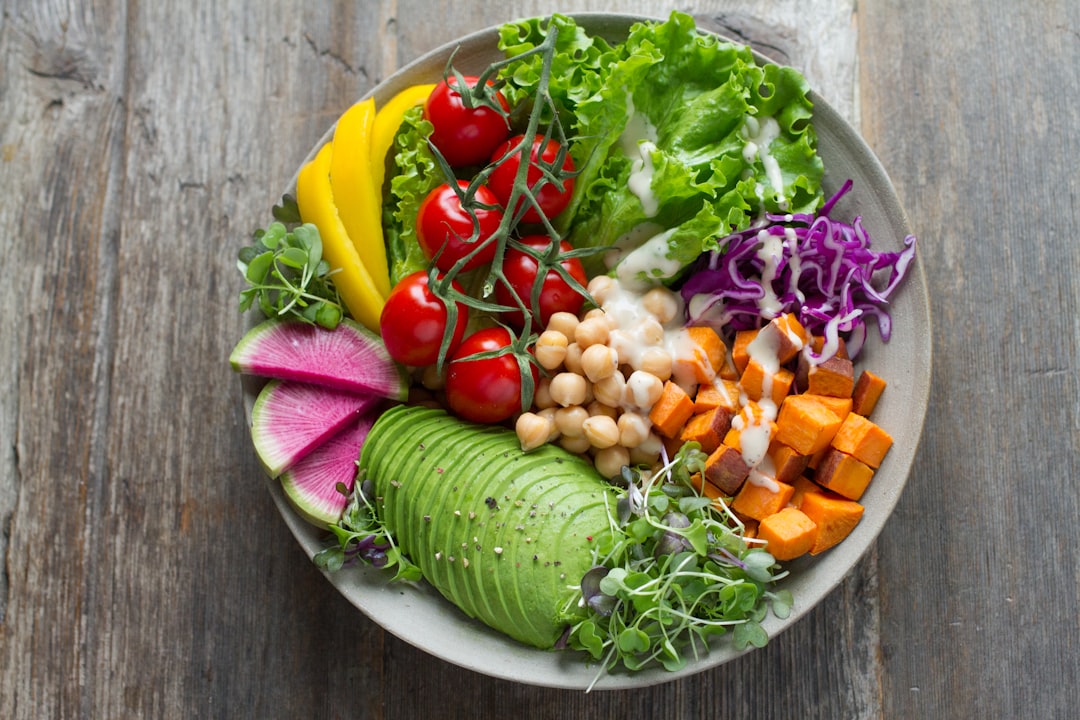
Quick Mediterranean Diet Lunch Ideas for Busy Weekdays
Find inspiring Mediterranean diet lunch ideas perfect for work or home. From fresh salads to hear...
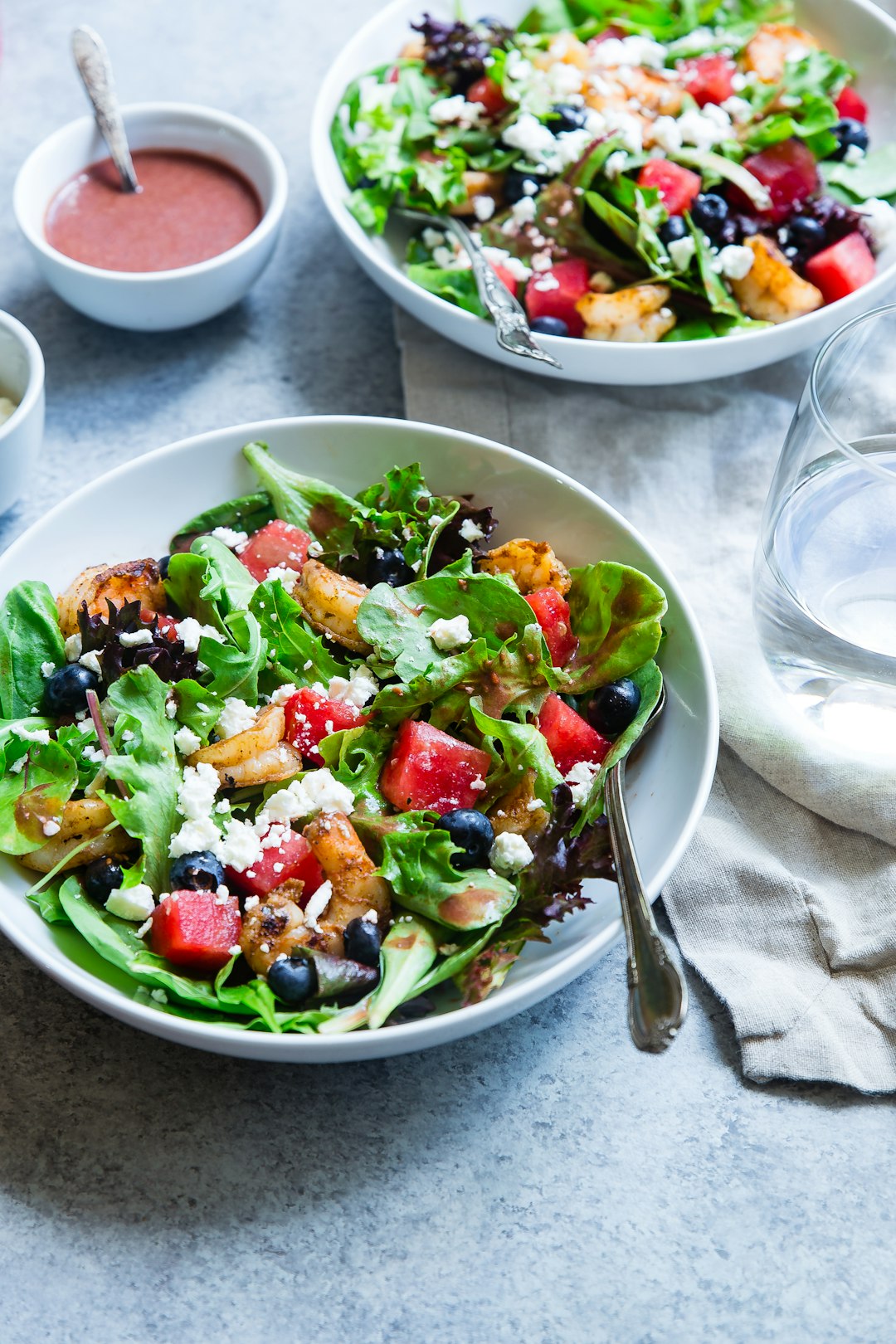
Mediterranean Diet Recipes UK Shoppers Can Actually Make
Mediterranean diet recipes adapted for UK kitchens. Using locally available ingredients, enjoy he...
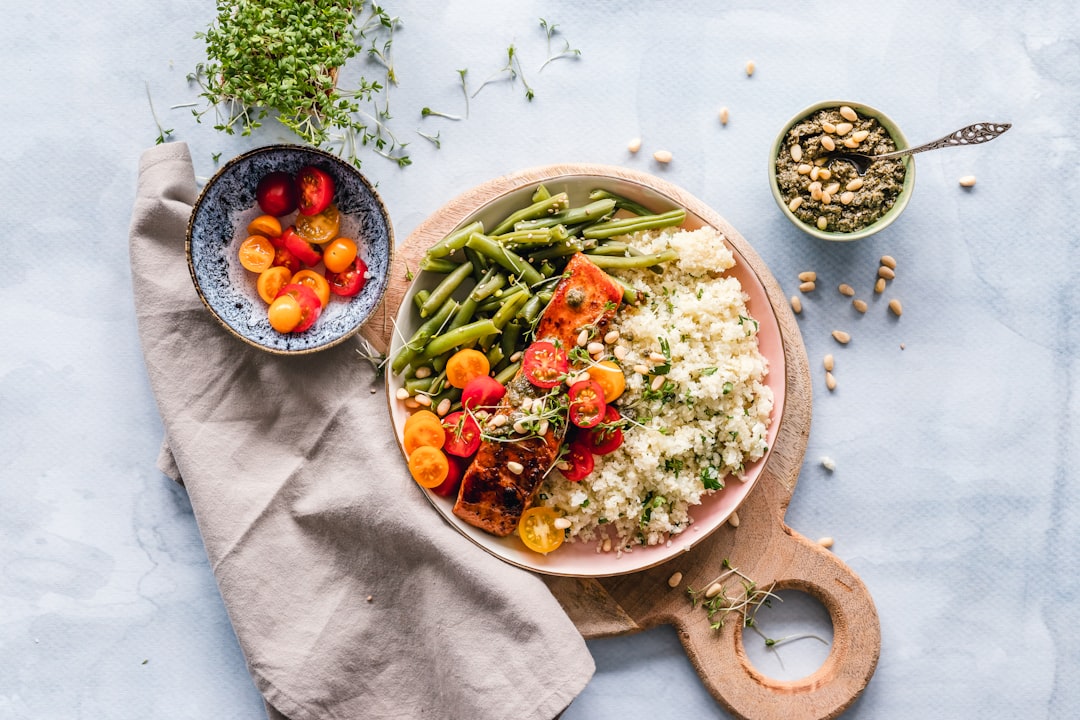
A Simple Mediterranean Diet Meal Plan That Works
Get your complete Mediterranean diet meal plan with shopping lists and prep tips. Make healthy ea...
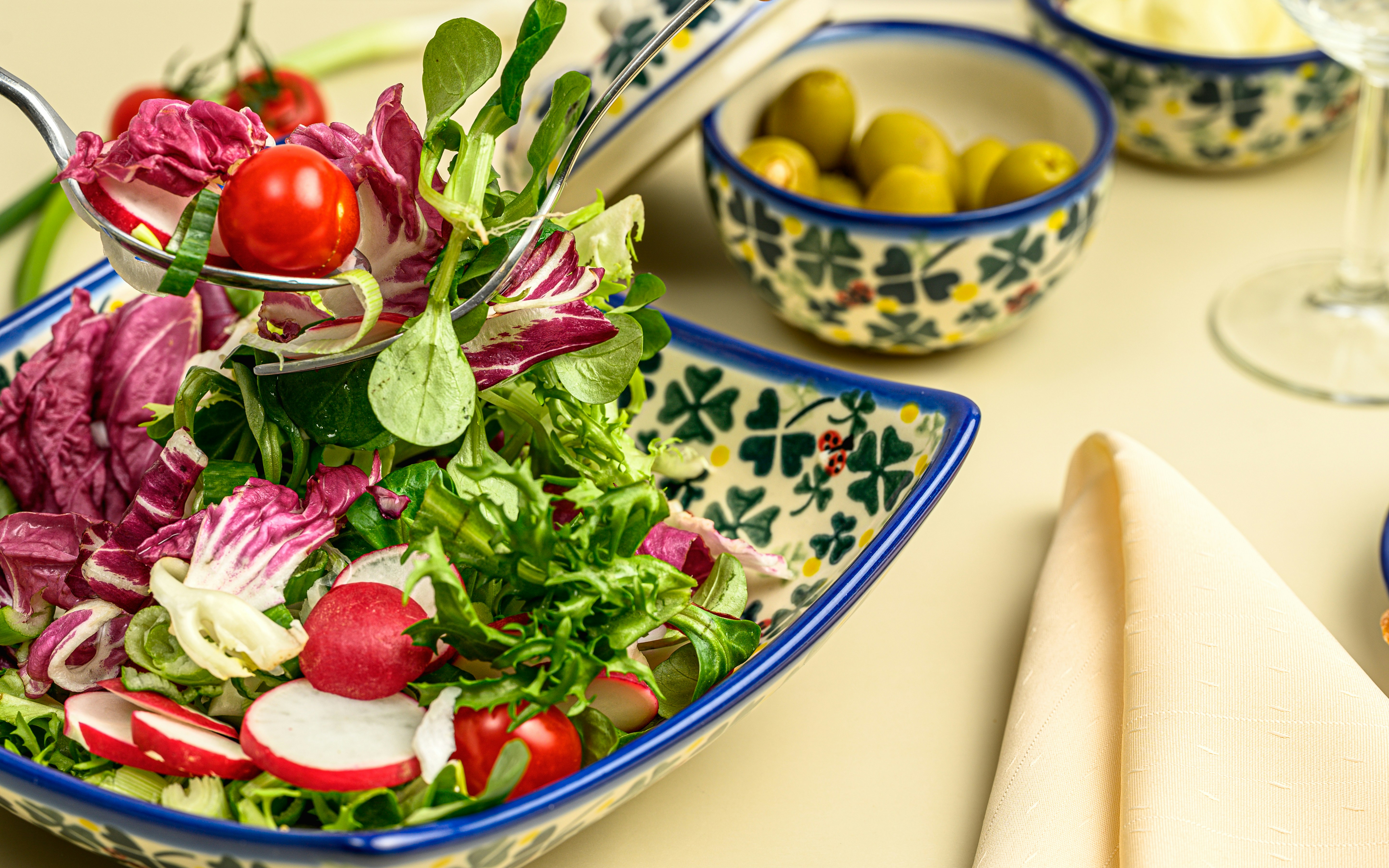
Try This 7-Day Mediterranean Diet Plan
Follow our detailed 7-day Mediterranean diet plan with breakfast, lunch, dinner, and snacks. Incl...
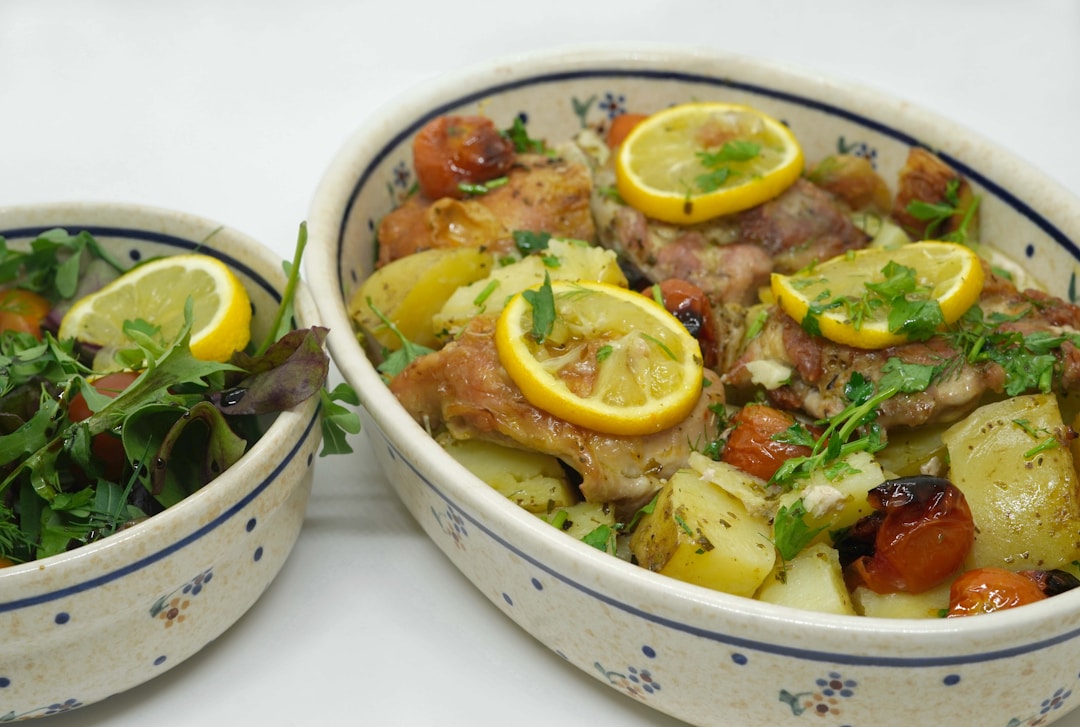
30 Mediterranean Diet Recipes That Actually Taste Amazing
Explore our collection of authentic Mediterranean diet recipes. From Greek salads to Spanish pael...
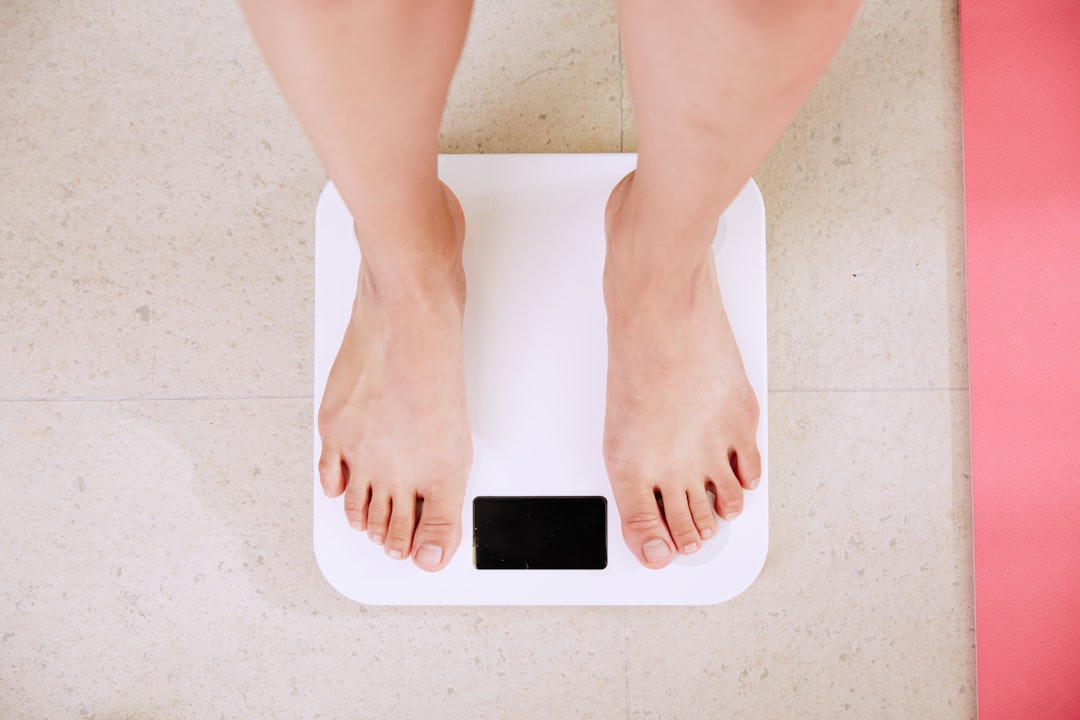
Real Mediterranean Diet Before and After Stories
Inspiring Mediterranean diet before and after stories from real people. See the amazing transform...